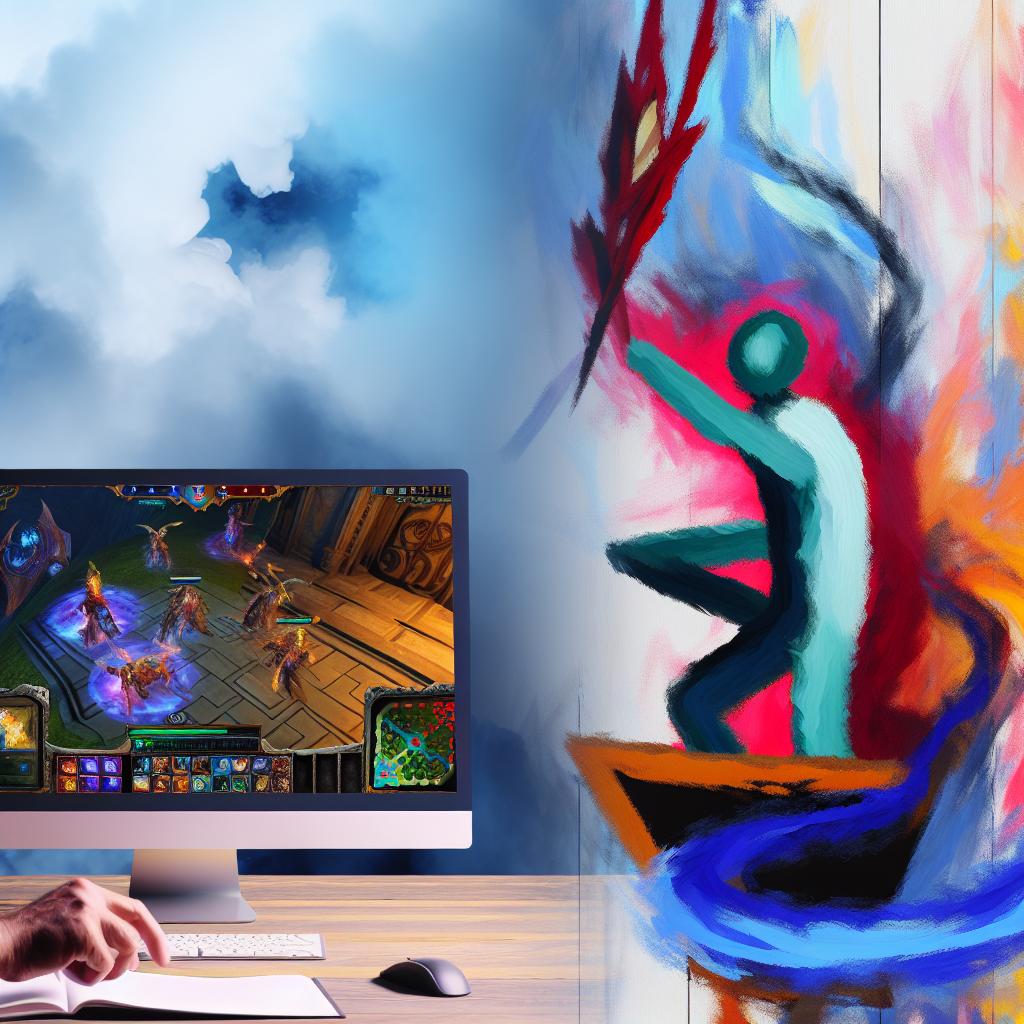The Impact of MMORPGs on Problem Gaming
The rise of Massively Multiplayer Online Role-Playing Games (MMORPGs) has significantly transformed the gaming industry. These games provide immersive worlds where players can interact with thousands of others globally, offering both unique opportunities and challenges. While MMORPGs offer compelling environments for engagement, they also present serious concerns regarding problem gaming. This article delves into the intricacies of MMORPGs and their influence on gaming behaviors, highlighting factors contributing to problem gaming and exploring strategies to mitigate these effects.
Understanding MMORPGs
MMORPGs represent a fusion of traditional role-playing games with vast online communities. In these games, players assume the roles of characters, often within richly detailed fantasy worlds. The defining attribute of MMORPGs is their persistent and evolving game worlds, where characters and storylines develop continuously. Players often engage in quests, battles, and social interactions, with the real-time nature of these activities fostering a sense of immediacy and community. For a deeper understanding of MMORPGs and their mechanics, resources like Gaming Esports Resource offer extensive insights.
Features Contributing to Problem Gaming
The structure and features of MMORPGs contribute significantly to problem gaming. One major aspect is the lack of clearly defined endpoints. Unlike traditional video games with specific goals and endings, MMORPGs are designed for continuous play. The game worlds are regularly updated, with new quests, characters, and features continually being introduced. This encourages players to remain engaged, often leading to long hours of gameplay.
Another important factor is social interaction. MMORPGs create a sense of community, which can be especially appealing to those who may find social interaction challenging in their everyday lives. Within these games, players form alliances, join guilds, and participate in group quests. These virtual relationships, while fulfilling, can sometimes overshadow real-life connections. The resulting sense of belonging can drive players to spend increasing amounts of time in the game, potentially neglecting personal responsibilities and social commitments outside the virtual world.
Psychological and Social Implications
The extensive amount of time that MMORPGs demand can have a variety of psychological and social implications. Excessive gaming has been associated with numerous mental health issues, including anxiety and depression. As players invest more time and emotional energy into the game, real-life accomplishments may start to lose their appeal. The virtual achievements within the game sometimes become more rewarding than tangible successes outside, leading to a devaluation of real-world experiences and motivations.
On a social level, prolonged engagement with MMORPGs can lead to isolation. Players might prioritize in-game interactions over real-world connections, which can exacerbate feelings of loneliness and social withdrawal. This cycle of isolation and increased game time is difficult to break and can lead to deteriorating mental health.
Strategies to Mitigate Problem Gaming
Tackling problem gaming requires a combination of personal and systemic strategies. On a personal level, individuals can set clear boundaries around their gaming habits. This might involve setting daily playtime limits, scheduling regular breaks, and maintaining a diversified routine that includes offline activities and social interactions. Seeking support from friends, family, or professional counselors can further aid in maintaining a healthy balance.
Games and developers also play a critical role in addressing these issues. Incorporating in-game features like playtime reminders can help players become more aware of the time they spend gaming. Implementing cooldown periods, where players are encouraged to take breaks, can also mitigate continuous play sessions. Furthermore, promoting educational content on responsible gaming and providing resources for individuals struggling with gaming addiction are essential steps that developers can take.
For more detailed insights into strategies to address gaming addiction, websites such as Responsible Gaming Initiative offer valuable resources and tools that can support healthier gaming behaviors.
Conclusion
MMORPGs, with their immersive environments and social structures, present both enriching experiences and challenges concerning gaming behaviors. They offer a unique blend of engagement and community interaction, but the potential for excessive use cannot be overlooked. By understanding the mechanics of these games and the effects on players, stakeholders, including gamers, developers, and researchers, can work collaboratively to foster healthier gaming practices. Through thoughtful management of playtime and the promotion of balance, the gaming community can continue to enjoy the benefits of MMORPGs while minimizing the risks associated with problem gaming.

